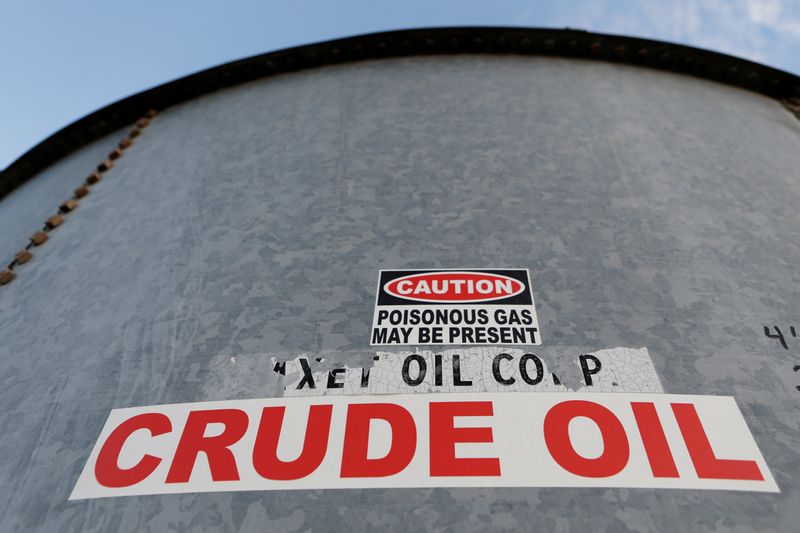By Peter Nurse
Investing.com -- Oil prices traded largely unchanged Thursday as traders weighed the conflicting factors of increased confidence in the Chinese demand recovery and a large build in U.S. crude stocks.
By 09:20 ET (14:20 GMT), U.S. crude futures traded flat at $78.60 a barrel, while the Brent contract fell 0.1% to $85.30 a barrel.
The crude market started on a positive note Thursday following the news that China's January air passenger traffic rose 34.8% from a year earlier, according to the country’s aviation regulator.
This news played into the idea that demand from the largest importer of crude will quickly rebound after the country ended its severe COVID-19 mobility restrictions.
Both the Organization of Petroleum Exporting Countries and the International Energy Agency forecast a rebound in crude demand later this year, with IEA expecting China to make up almost half of the additional 2 million barrels per day.
This overshadowed Wednesday’s news from the Energy Information Administration that U.S. crude oil stocks soared last week by 16.3M (NYSE:MMM) barrels to 471.4M barrels, the highest level since June 2021.
The EIA acknowledged that the build was largely because of a data adjustment, which limited the impact on oil prices.
However, some of those gains were sold into later in the session after data showed that the number of Americans filing for unemployment benefits after being laid off unexpectedly decreased last week, in a sign of resilient tightness in the U.S. labor market. Additionally, monthly producer prices rose by a hotter-than-expected 0.7% after a 0.2% fall in the previous month.
Data earlier in the week showed that consumer prices in the U.S. grew at an annual rate of 6.4% in January, above the 6.2% growth expected.
This could give the Federal Reserve license to extend its interest rate hikes into the summer, weighing on growth in the largest economy in the world, and the largest consumer of crude.
There are a number of Fed policymakers scheduled to speak during Thursday’s session, and their comments will be studied for clues on economic direction.
“We expect oil and gas demand to increase in China but are a bit more cautious than most due to property deleveraging that may stunt the consumption recovery,” said Stephen Innes at SPI Asset Management.
“Still, the wild card remains U.S. demand and whether the biggest major oil-consuming economy slips into the recession abyss.”
